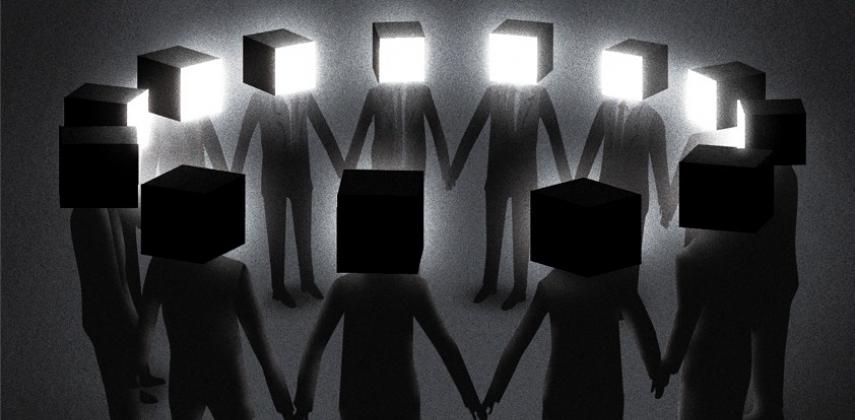"The inability to see heightens your other senses, and leads you to reflect and think more deeply. It encourages participants to use their other senses to communicate and find ways of working together," she explains.
First pioneered by Andreas Heinecke in Germany, the concept takes as its starting point the ideas and non-visual perceptions of blind people in order to discover the unseen within and all around us. By providing a platform for communication, the founder wanted the experience of working in the dark to have a profound impact, provoking a change in perspectives and improving the quality of human interactions.
Tse Chi-keung, project officer of Dialogue in the Dark Hong Kong, says the response to the workshop has been positive since its launch in Hong Kong in January last year. Corporations are no longer just sending their senior managers, but extending participation to all tiers of the organisation.
Though the workshop has attracted firms from banking and finance, accounting, and property management sectors, Tse says the sessions are relevant for all industries as long as there is teamwork involved. The three-hour executive workshop is split into two parts. In the first two hours, under the guidance of a visually-impaired instructor, participants work together in the dark to build a physical object. A facilitator then shares his observations in a debriefing session.
"Darkness presents a challenging environment for everybody," Tse says. "People automatically think because you can't see anything, you won't be able to do anything. The workshop shows such challenges can be overcome so long as you work together."
Darkness has proved to be a powerful tool. It breaks down assumptions, helps understanding, changes mindsets, improves communication and encourages personal growth.
"In mixing the groups, for example, one group might have a senior manager working alongside an officer, [and so] the workshop is also able to level out all corporate hierarchies," Tse says.
The process is as much about participants learning from the visually-impaired instructor as the other way around. Henry Tang, a blind instructor, says: "In the workshop, we go into the dark together, on equal footing. In addition to being professionals in the dark and helping the sighted handle this new environment, the instructors also gain a better understanding of how sighted people embrace change and overcome difficulties."
Companies can also tailor their own sessions to meet specific objectives. "We have used the workshops to improve communication, for team building and leadership skills. But there are further opportunities to use it to hone other skills such as stress management," Au Yeung adds.
Team building
- Darkness encourages sharing and trust, and breaks down assumptions
- Levelling of corporate hierarchy can improve relationships in the office
- Workshop can benefit all types of businesses
- The medium can be used to sharpen a range of skill sets


